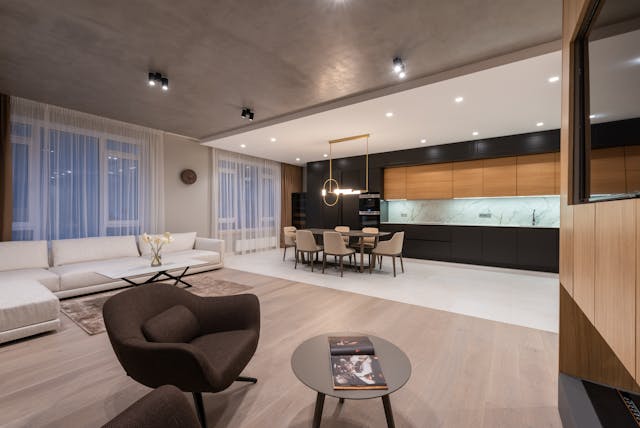Introduction
Hospitality is all about creating a memorable and enjoyable experience for guests. While factors like service and decor play a significant role, lighting is often underestimated. Proper hospitality lighting can enhance the atmosphere, improve functionality, and set the mood for an unforgettable stay. In this blog, we’ll explore the world of hospitality lighting, discussing its importance and various aspects to consider for your hotel, restaurant, or event space.
- Understanding the Importance of Hospitality LightingHospitality lighting goes beyond mere functionality; it’s about creating an emotional connection with your guests. It sets the tone for the entire experience and can impact a guest’s perception of your establishment. From the warm and inviting glow of a cozy restaurant to the bright and efficient lighting in a hotel lobby, it’s all about catering to the needs and desires of your customers.
- Types of Lighting in Hospitalitya. Ambient LightingAmbient lighting provides overall illumination to a space. In hospitality settings, it helps create a welcoming environment, sets the mood, and ensures safety. Options range from soft, warm lighting in a romantic restaurant to bright and inviting lighting in hotel lobbies.b. Task LightingTask lighting is essential for specific functions, like reading, working, or dining. It should be well-placed and adjustable to cater to individual needs. In hotel rooms, bedside lamps with focused lighting, or pendant lights over dining tables in restaurants, are great examples.c. Accent LightingAccent lighting is all about drawing attention to particular features or areas. It can highlight artwork, architectural elements, or create focal points in your space. Think of wall-mounted fixtures, track lighting, or even LED strips to emphasize design elements.
- Color Temperature and Color RenderingThe color temperature of lighting can have a significant impact on the mood and aesthetics of your space. Cool white lighting can provide a modern, vibrant feel, while warm white lighting offers a cozy and inviting ambiance. Additionally, consider the Color Rendering Index (CRI) to ensure that colors appear as they should under the chosen lighting.
- Energy Efficiency and SustainabilityGiven the growing awareness of sustainability, energy-efficient lighting is a must in modern hospitality settings. LED lighting not only consumes less energy but also has a longer lifespan, reducing maintenance costs. Additionally, the right lighting design can incorporate natural light sources, further reducing energy consumption.
- Lighting Control SystemsImplementing advanced lighting control systems can provide flexibility and energy savings. Consider options like dimmers, motion sensors, and timers to adapt lighting levels to different times of day and specific needs. Smart lighting systems allow remote control and automation, enhancing guest comfort and saving on operational costs.
- Exterior LightingThe importance of exterior lighting should not be underestimated. It sets the first impression of your establishment and ensures safety. Properly illuminated pathways, entrances, and signage enhance both aesthetics and security.
- Compliance and RegulationsEnsure that your hospitality lighting design complies with local building codes and safety regulations. This includes emergency lighting, exit signs, and accessibility requirements for all guests.
- Budget and ROI ConsiderationsHospitality lighting should be seen as an investment. A well-planned lighting system can improve guest satisfaction, attract more customers, and reduce operational costs. Consider both upfront costs and long-term savings when designing your lighting solution.
- Trends in Hospitality LightingStay updated with the latest trends in lighting design. Incorporate elements like smart lighting controls, unique fixtures, and sustainable solutions to stay competitive and offer a memorable experience to your guests.



